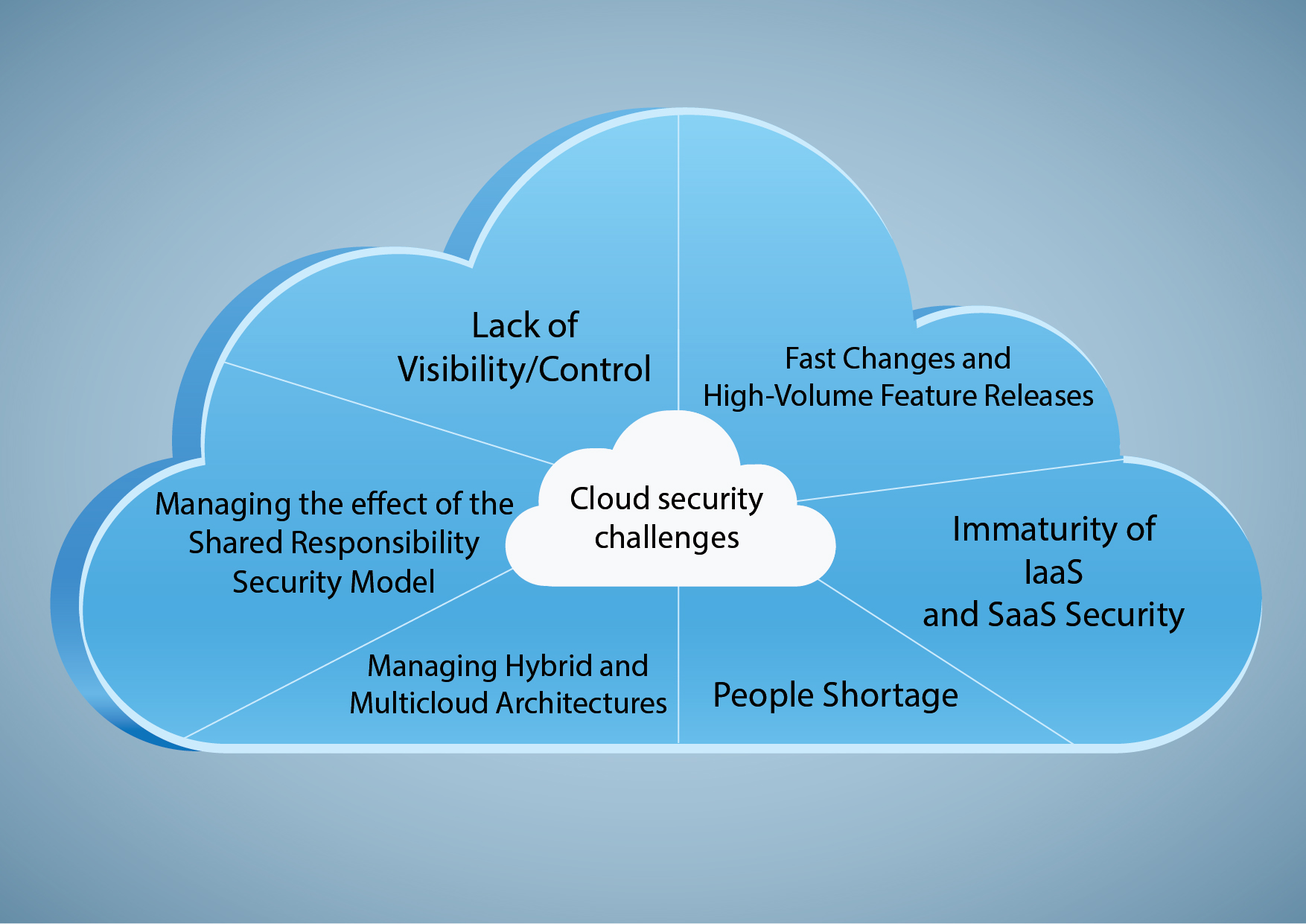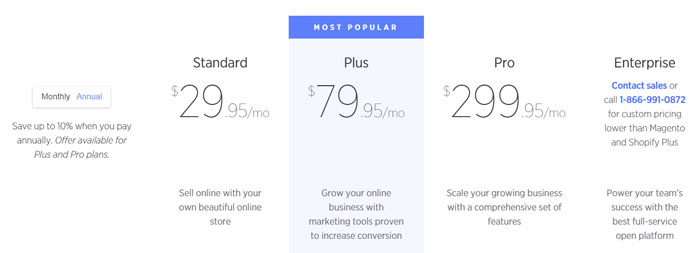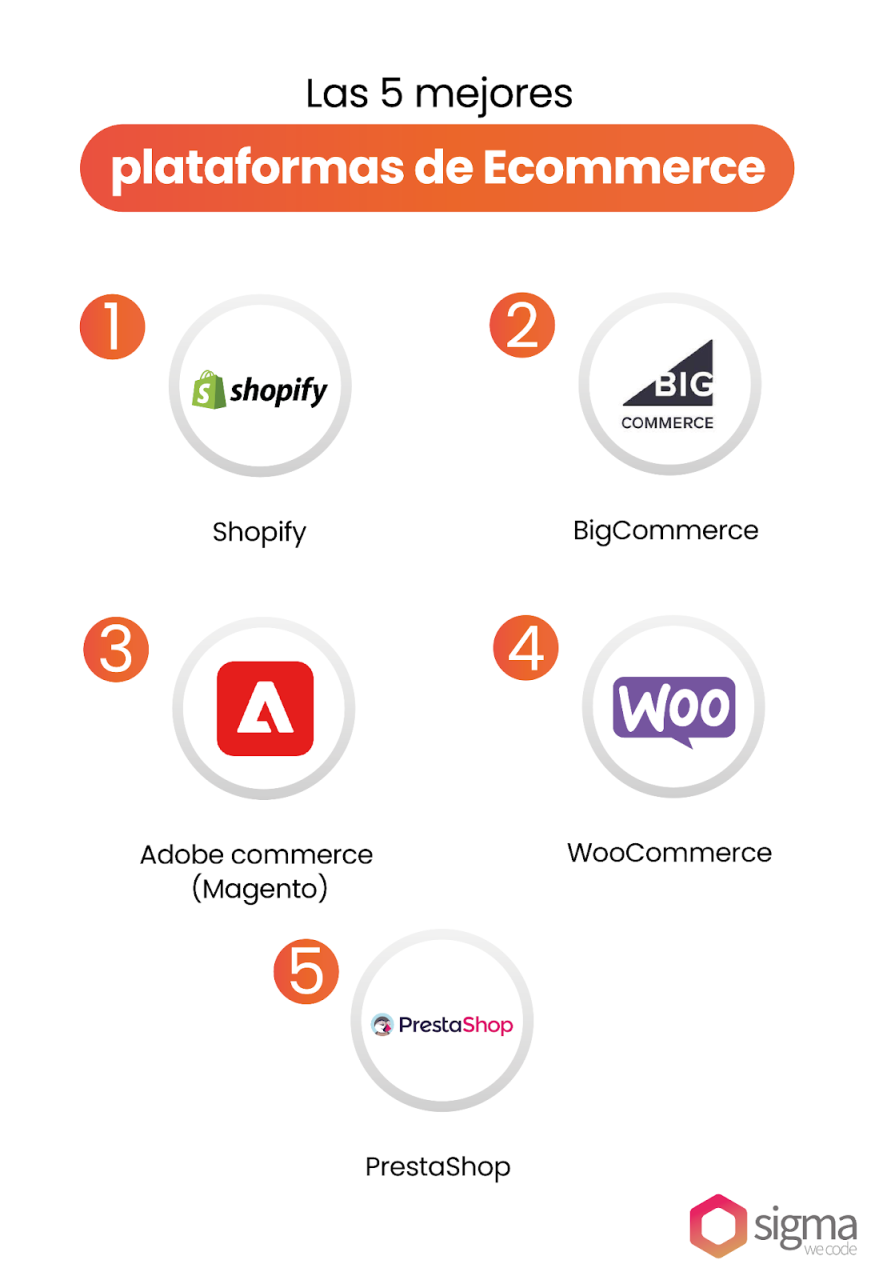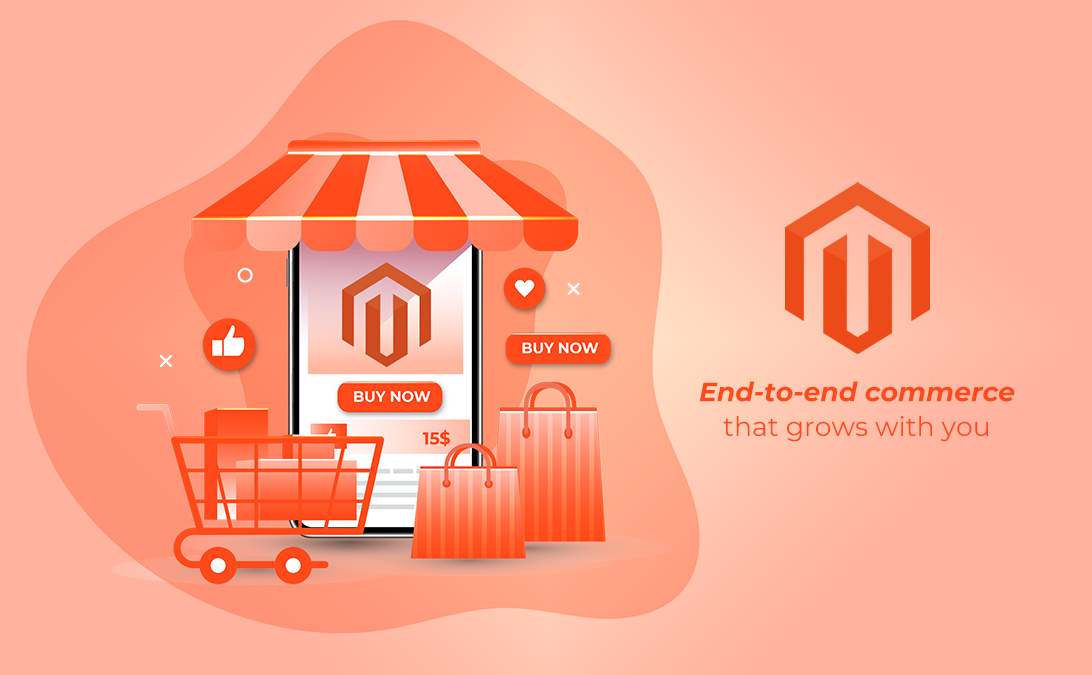Best Ecommerce Platform Your Ultimate Guide
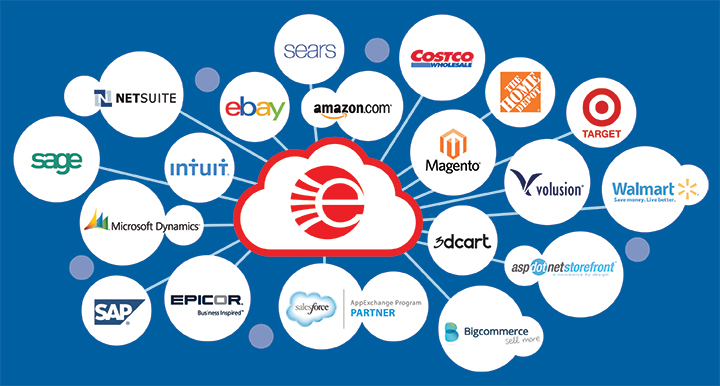
Did you know that global e-commerce sales are projected to reach trillions this year alone? That’s a lot of digital storefronts, and behind each successful one is a powerful platform. Choosing the “best ecommerce platform” can feel like navigating a labyrinth.
It’s not just about selling online; it’s about creating a seamless, engaging, and profitable experience for your customers – and managing it all without pulling your hair out. This article cuts through the noise and demystifies the process.
We’ll explore the key features that truly matter, compare leading platforms side-by-side, and reveal the factors that determine the perfect fit for your unique business needs. Prepare to unlock the secrets to selecting an ecommerce platform that will empower you to thrive in the competitive online marketplace.
Choosing the Right Ecommerce Platform: A Comprehensive Guide
Selecting an ecommerce platform is a pivotal decision for any business venturing into the online marketplace. It’s more than just setting up a digital storefront; it’s about selecting the infrastructure that will support your growth.
The optimal platform should seamlessly align with your operational requirements, scale with your expanding business, and contribute to a positive user experience for your valued customers. Consider this choice as the foundation of your online empire.
Think carefully about your business strategy, target audience, and anticipated future growth when making this critical selection. The right platform will empower you to manage your inventory, process orders, and engage effectively with your customer base.
This guide aims to simplify this complex process. We’ll explore several top contenders, providing insights that will help you determine which one is the right fit for your online dreams. Let’s dive in!
Key Considerations When Selecting an Ecommerce Platform
Before you even begin comparing platforms, it’s vital to have a solid understanding of your own needs and wants. Consider your current situation as well as future goals.
Think about features like ease of use, cost (including transaction fees), available integrations, marketing tools, and the level of customer support you’ll require. These factors play a vital role in making a sound decision.
Also, consider the importance of mobile optimization. Nowadays, a large amount of people are buying items on mobile devices. It’s important to make your webstore fully optimized for small screens.
Finally, research the platforms’ security features, as your business and customers’ data is important to protect. Make sure the platform offers enough protection to avoid data breaches.
Shopify: User-Friendly and Feature-Rich

Shopify is a titan in the e-commerce world. Its strength lies in its simplicity and ease of use, making it ideal for businesses of all sizes, especially those just starting out.
The platform offers a vast app store brimming with integrations, extending its functionality to cover everything from advanced marketing automation to sophisticated inventory control.
However, it’s worth noting that Shopify’s transaction fees can add up, especially if you’re not using Shopify Payments. Consider this carefully when projecting your costs.
Shopify provides a reliable, scalable solution, along with extensive documentation and support resources. It’s a strong option for businesses prioritizing ease of management.
WooCommerce: Power and Customization with WordPress
WooCommerce is an open-source e-commerce plugin that works flawlessly with WordPress. If you already have a WordPress website, WooCommerce presents an attractive option.
The platform offers unparalleled flexibility and customization options, allowing you to tailor every aspect of your online store to your specific brand and requirements. The possibilities are endless!
One significant advantage of WooCommerce is the absence of transaction fees. You’re only paying for your payment gateway’s fees, giving you greater control over your profit margins.
However, WooCommerce demands a higher degree of technical expertise. Managing updates, security, and integrations can be more demanding than with other platforms.
BigCommerce: Scalability and Enterprise-Level Features
BigCommerce is designed for businesses experiencing rapid growth or with complex needs. It offers a robust and scalable platform with a comprehensive suite of built-in features.
BigCommerce is known for its advanced SEO capabilities, which can significantly enhance your online visibility and drive more organic traffic to your store. This is a major advantage for many businesses.
The platform also handles a high volume of transactions, without needing external apps. It also integrates with numerous other software for better management.
While BigCommerce offers a range of powerful features, it can be more expensive than some other platforms, and its interface can be overwhelming for newcomers. It’s better suited for bigger corporations.
Squarespace Commerce: Design-Focused Simplicity
Squarespace Commerce shines in its commitment to aesthetics and user-friendly design. If visuals are paramount to your brand, Squarespace may be your best bet.
The platform provides beautifully designed templates that are easy to customize, allowing you to create a visually stunning online store without any coding knowledge.
Squarespace integrates seamless with several social media and marketing tools. This is helpful to market your company and products in a more efficient way.
However, Squarespace Commerce’s functionality is less extensive compared to Shopify or BigCommerce. It might be limited for businesses with extremely complex or specialized requirements.
Magento (Adobe Commerce): Enterprise-Grade Power and Flexibility
Magento (now Adobe Commerce) is a powerhouse of an ecommerce solution targeted at big corporations. It gives unmatched scalability and customization choices for intricate operations.
It is the most adaptable to work with, as it supports a vast array of extensions and connections that enables businesses to adjust their stores to suit their needs.
The Magento is optimized for high-volume sales, making it a dependable option for handling sizable inventories and traffic spikes.
The platform is known to be hard to use for beginners. In most cases, the businesses will need to hire a developer to assist with implementing features and maintaining the platform.







